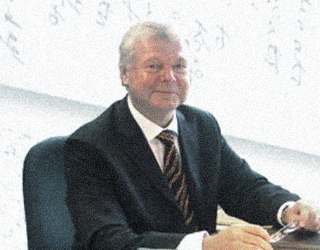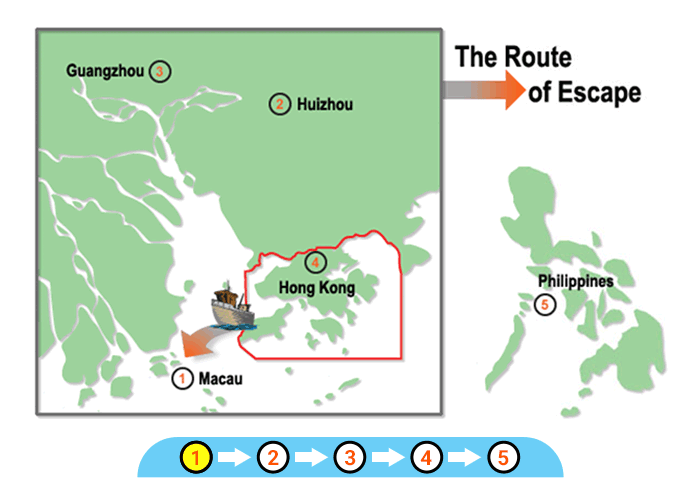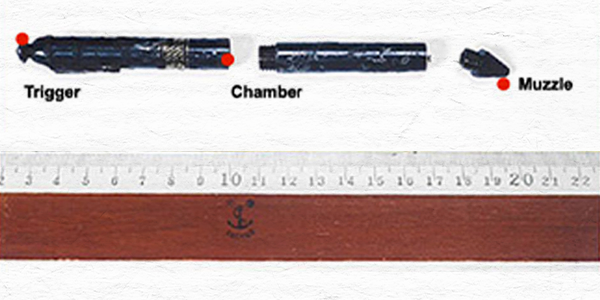Suspicious Jump in Wealth
Who would ever expect a high-ranking official in the then Legal Department to have taken bribes to fix cases?
“People thought that we were wrong to arrest the former government counsel. They thought that he had done nothing wrong. He was the third most senior official in the then Legal Department and was at the zenith of his career. People simply did not believe he would be corrupt.” ICAC Chief Investigator James Bell recalled how people responded when they knew the former government counsel was under investigation.
According to Mr Bell, the ICAC commenced its investigation codenamed “Jerusalem” in August 1989 after receiving intelligence from an informant nicknamed “Apple”. The ICAC found assets of the former government counsel had jumped by more than HK$1 million in 1986-87 while his annual official income was only around HK$500,000.
After three months’ investigation, the ICAC’s task force decided there was no point in delaying any longer since the former government counsel was handling several major commercial frauds at that time. To stop him from influencing the prosecutions of those cases, the task force arrested him and his accomplices - two private lawyers- on October 27, 1989. Though they were later released on ICAC bail, they were required to surrender their travel documents to the ICAC.
The ICAC applied to the then Attorney General to suspend the former government counsel from duty pending further investigation and issued notices under Section 14 of the Prevention of Bribery Ordinance (PBO) to require him to explain, within 28 days, where his financial resources had come from.

A lot of people thought that we were wrong. They thought that the ICAC was acting wrongly. I knew we were right, 100 per cent, not one doubt. When he fled, a lot of people realized that something weird happened. When he came back and pleaded guilty, everyone said “I always suspected that he was corrupt”

